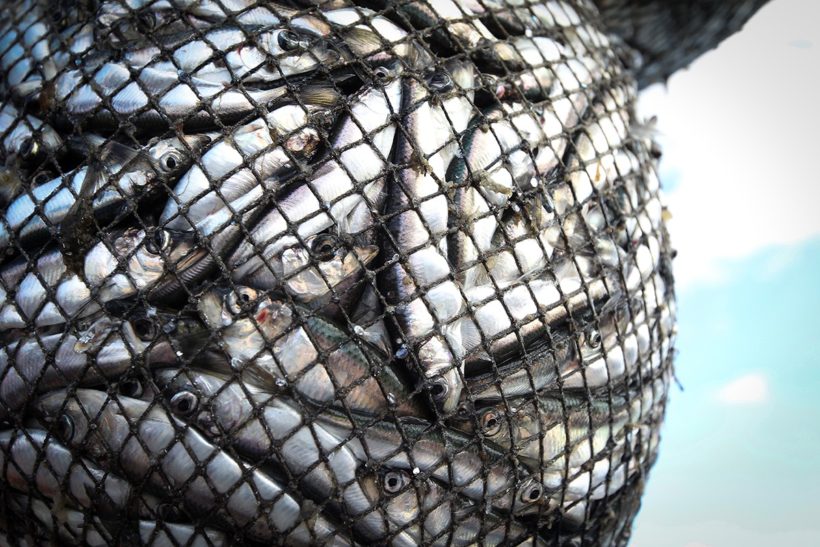“That’s an unfair question, and not one I am actually asking in such strict terms,” writes University College London student Max Dixon on the above question.
“Fisheries are a crucial part of our shared history and culture. They have been the bedrock of communities up and down these isles for generations, from our naval tradition to fish and chips.
“Without these fisheries we would lose a part of what it means to be British, but this is the risk that is posed if we do not learn to manage our fisheries sustainably.
“This has been recognised by nations around the world, and governments have therefore created all sorts of measures that will theoretically achieve sustainability. These have been applied with varying levels of success, and often the failure of these policies is not understood by government or regulators.
“While this may be down to shoddy regulations or application, there is one factor that has become increasingly recognised as essential in governance – the trust of fishers in the governing institutions.
“Fishers are the most important stakeholder in fisheries, and if you, the fisher, don’t trust your government, why would you co-operate with its policies? No one willingly co-operates with the wishes of an organisation or person they deem untrustworthy.
“This is why I am writing this piece for you today – to give you the opportunity to have a say on the institutions that govern our fisheries.
“My name is Maximilian Dixon. I am a Masters student at University College London in the Bartlett School of Environment, Energy and Resources, undertaking research into trust relations between fishers and governing institutions, under the supervision of Dr Silvia Ferrini. My work is part of the Pyramids of Life project set up by the Sustainable Management of UK Marine Resources, as well as part of my Masters dissertation.
“I am asking for fishers – primarily in England, but fishers from the rest of the UK are also welcome – to take part in my research. Already I am aware of some marked differences in perceptions of trust by fishers around the British Isles, and often, in certain areas, of different regulators being seen by fishers in a very different light from each other.
“Participation would involve completing a 10-minute online questionnaire, in which you will be able to voice your views on the current state of fisheries governance institutions in the UK, on what is working, and on areas in which these institutions fall short.
“Which institutions are effective? Which are not? Which share your values, and which don’t? What, in your view, are the problems with certain institutions?
“The results of this research will hopefully inform these institutions about where they need to improve their governance practices, and how.
“If you might be interested in taking part, please go to the questionnaire here.
“I can’t guarantee that your responses will see a change in attitude, but I can guarantee that I’ll take your views seriously, and that the findings of the survey will contribute to the national discussion on marine governance. That will include a summary in Fishing News itself, which I know is read by ministers, officials, scientists, consultants, IFCA officers and a host of other people who seem to have an increasing say in what fishers can, and cannot, do at sea.
“I very much looking forward to hearing your views, adding them to those I have already received, and reporting back to you my findings in due course.”
This story was taken from the latest issue of Fishing News. For more up-to-date and in-depth reports on the UK and Irish commercial fishing sector, subscribe to Fishing News here or buy the latest single issue for just £3.30 here.






